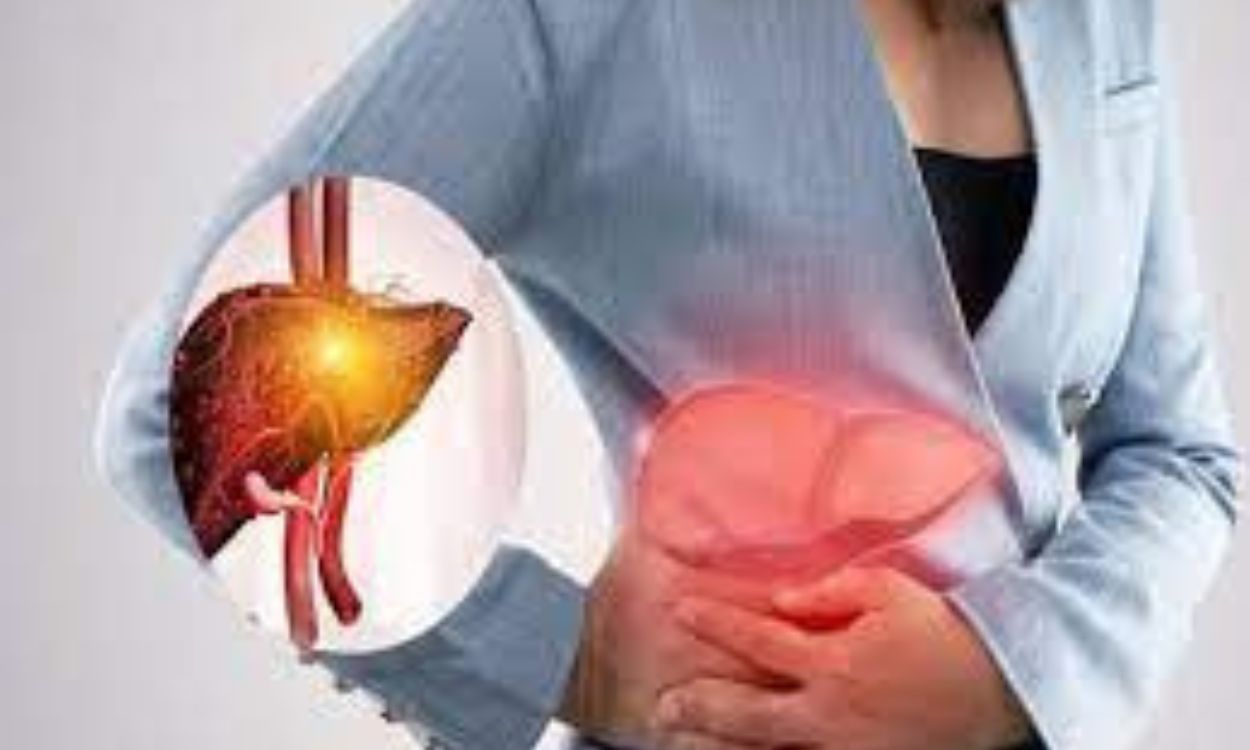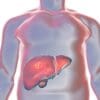Unveiling the Link: Can Fatty Liver Lead to Lymphatic Disorders?
Understanding the Connection Between Fatty Liver and Lymphatic Disorders
In today’s fast-paced world, lifestyle diseases have become increasingly common, and one such condition affecting millions is fatty liver disease. But could this common ailment have a connection with lymphatic disorders? Let’s dive into the details to unravel this intriguing question.
What is Fatty Liver Disease?
Fatty liver disease, known medically as hepatic steatosis, occurs when excess fat builds up in the liver. This can be caused by various factors, including excessive alcohol consumption, obesity, and insulin resistance. The liver plays a crucial role in metabolism and detoxification, so any impairment can have widespread effects on the body.
The Role of the Lymphatic System
The lymphatic system is a network of vessels, nodes, and organs that play a crucial role in maintaining the body’s fluid balance, immune function, and waste clearance. It acts as a drainage system, removing excess fluids and waste products from tissues. Any disruption in this system can lead to lymphatic disorders, such as lymphedema or lymphadenopathy.
Exploring the Link
Researchers are beginning to explore the potential connection between fatty liver disease and lymphatic disorders. One theory suggests that the inflammatory processes associated with fatty liver might impair lymphatic function. This inflammation can lead to fibrosis, which could hinder the lymphatic system’s ability to drain fluids effectively, potentially resulting in swelling and other symptoms of lymphatic disorders.
Furthermore, metabolic syndrome, often associated with fatty liver disease, includes risk factors like obesity and insulin resistance, both of which are known to affect lymphatic function. These factors can lead to a vicious cycle where impaired lymphatic drainage exacerbates liver inflammation and vice versa.
What the Studies Say
While research is still in its early stages, some studies have indicated a correlation between liver disease and compromised lymphatic function. However, more comprehensive research is needed to establish a causal relationship and fully understand the mechanisms involved.
How to Protect Your Liver and Lymphatic Health
Maintaining a healthy lifestyle is key to preventing and managing both fatty liver disease and lymphatic disorders. Here are some steps you can take:
1. Balanced Diet: Incorporate foods rich in antioxidants and low in saturated fats. Focus on fruits, vegetables, whole grains, and lean proteins.
2. Regular Exercise: Physical activity can help reduce body weight and improve metabolic health, thereby benefiting both liver and lymphatic function.
3. Avoid Alcohol and Smoking: These can exacerbate liver conditions and impair immune function.
4. Stay Hydrated: Proper hydration is essential for lymphatic drainage.
The Role of Fitpaa in Your Health Journey
At Fitpaa, we understand the complexities of managing lifestyle-related health conditions. Our AI-driven Metabolism Monitoring and Management technology is designed to support you on your journey to better health.
Why Choose Fitpaa?
– Personalized Health Plans: Our Fitpaa Capsule delivers a tailored plan for your metabolism, ensuring optimal liver and lymphatic function.
– Expert Guidance: Get support from our team of nutritionists, fitness coaches, and doctors to help you achieve your health goals.
– Easy Integration: The Fitpaa app seamlessly integrates with your lifestyle, providing real-time guidance to keep you on track.
– Community Support: Join a thriving community of individuals committed to achieving their health goals with Fitpaa.
Your well-being is our mission at Fitpaa. Take the first step towards a healthier you by downloading the Fitpaa app today and experience the transformation yourself.
By addressing both preventive measures and the role of Fitpaa, this article aims to provide readers with valuable insights while encouraging them to explore further benefits with the Fitpaa app.









